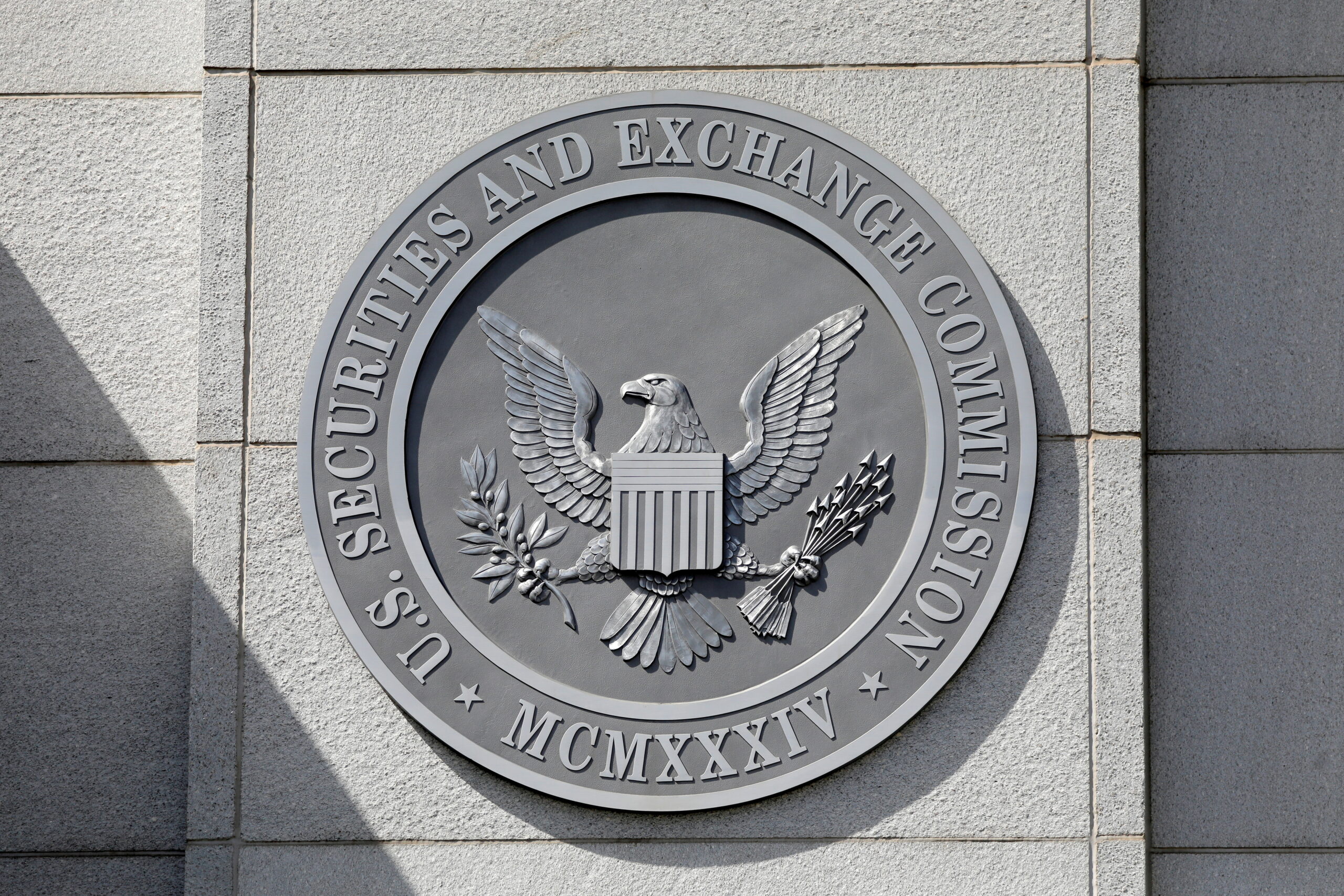In a comprehensive response to the United States Securities and Exchange Commission (SEC), Consensys, a leading entity in blockchain and Web3 software development, has addressed the regulatory body’s concerns regarding the potential for fraud and manipulation within Ethereum’s proof-of-stake (PoS) system, particularly in the context of spot Ether exchange-traded funds (ETFs). Known for creating the widely-used MetaMask wallet, Consensys has articulated a strong defense, asserting that the apprehensions surrounding Ethereum’s PoS mechanism are without merit.
Ethereum’s Security Superiority
In a detailed exposition shared via a blog post, Consensys delineated how Ethereum’s PoS model not only parallels but indeed surpasses the security framework of Bitcoin’s proof-of-work (PoW) architecture, which forms the foundation of already SEC-sanctioned Bitcoin-based ETFs. Among the salient features underscored were Ethereum’s rapid block finality, a structured division of duties among proposers and attestors to mitigate the risk of stakeholder monopolization, elevated costs associated with potential attacks, stringent penalties for validators breaching rules, and a notable advantage in environmental sustainability relative to Bitcoin.
Furthermore, Consensys emphasized Ethereum’s expansive developer community and its operation on a completely transparent and public blockchain. These aspects, according to Consensys, should compel the SEC to recognize Ethereum’s enhanced security capabilities over those inherent in previously approved Bitcoin-based ETPs.
The Ambiguity Surrounding Spot Ether ETF Approval
Despite the widespread acceptance of spot Bitcoin ETFs, the fate of their Ether counterparts within the current regulatory climate is subject to speculation. The SEC’s deadline to make a final decision on the pending applications for spot ETH ETFs is fast approaching, with VanEck’s proposal being the first in line for consideration by May 23. While optimism for approval pervaded 2023, there exists a growing sentiment that 2024 may see the Commission possibly reject these applications, despite the presence of multiple filings from reputable firms like Fidelity, Hashdex, and ARK 21Shares.
Market Speculation and Institutional Confidence
The crypto community is actively wagering on the likelihood of the SEC greenlighting spot Ether ETFs before the end of May, with predictions markets indicating at least $12 million staked on the outcome. This speculative activity follows on the heels of the SEC’s authorization of 11 spot Bitcoin ETFs on January 10.
Grayscale, a major player in investment management, has expressed optimism regarding a favorable SEC verdict for spot Ether ETFs by May. Craig Salm, Grayscale’s chief legal officer, suggested that the SEC’s apparent reticence in engaging with ETF applicants does not necessarily foreshadow the outcome of the approval process.
Exploring the SEC’s Evaluation Landscape
- Ethereum vs. Bitcoin Security: Ethereum’s transition to PoS is highlighted as a leap forward in blockchain security, outpacing the PoW mechanism.
- Developer Community and Transparency: The sizeable and active Ethereum developer community, coupled with the blockchain’s transparency, serves as a testament to its robustness.
- Spot Ether ETF Applications: The impending SEC decision on spot Ether ETFs remains a focal point, with significant implications for the broader crypto market.
- Investment and Speculation: Institutional interest and market speculation underscore the growing anticipation for an expansion of crypto-based financial products.
- Regulatory Outlook: Grayscale’s commentary points to a complex regulatory environment, where decisions on innovative financial products like spot Ether ETFs are closely watched.
As the cryptocurrency sector stands at a regulatory crossroads, Consensys’ defense against the SEC’s skepticism regarding spot Ether ETFs sheds light on the inherent strengths of Ethereum’s PoS system. With the impending decisions on ETF applications poised to potentially reshape the investment landscape, the dialogue between innovative blockchain firms and regulatory bodies remains crucial in navigating the evolving terrain of digital assets.










